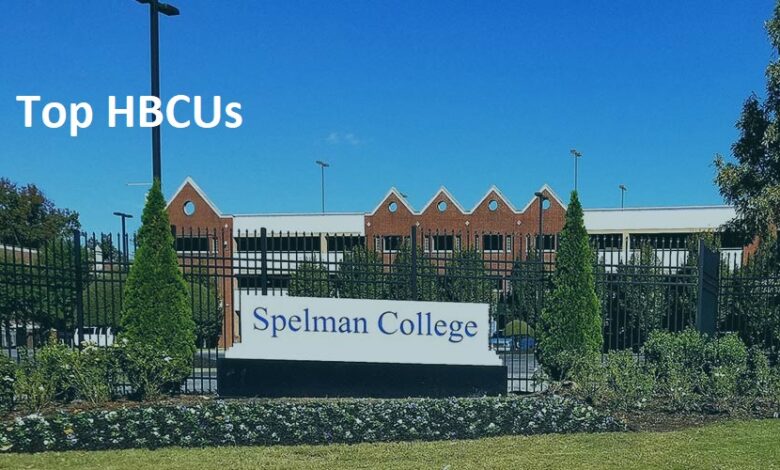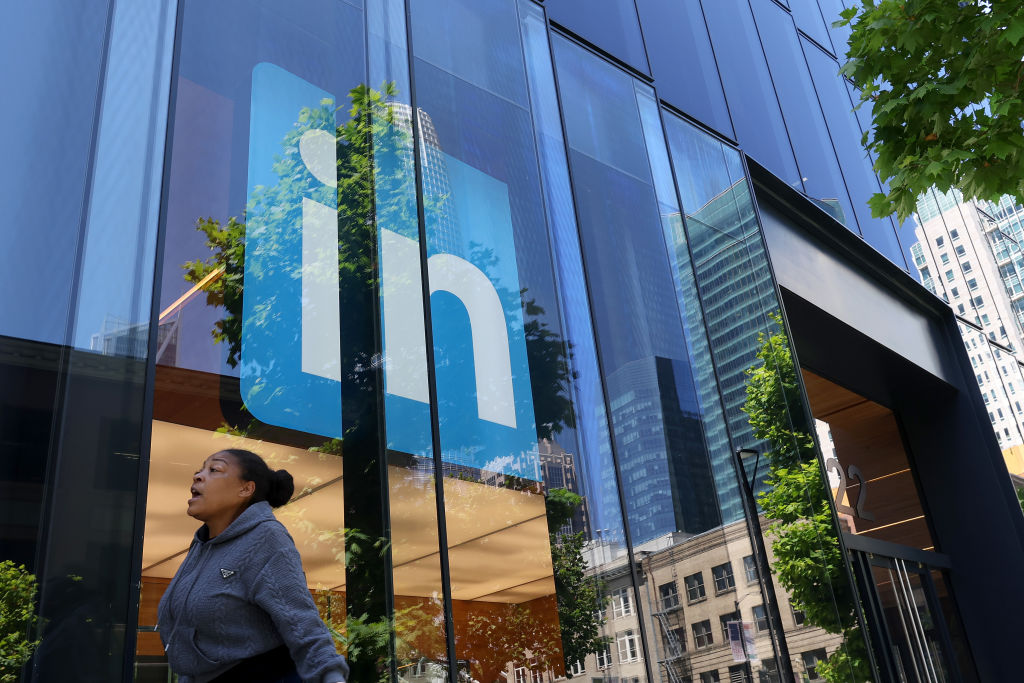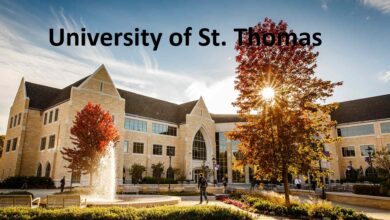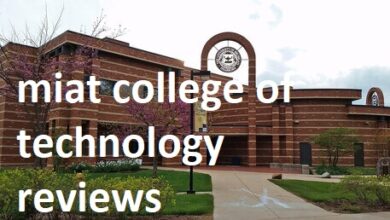Top HBCUs: A Guide to Historically Black Colleges and Universities

Introduction: Why HBCUs Still Matter Today
Historically Black Colleges and Universities (HBCUs) have always been more Top HBCUs than just educational institutions. They were born out of necessity during a time when African Americans were excluded from most predominantly white institutions, and they became centers of culture, leadership, and empowerment. Today, HBCUs continue to carry that legacy forward, shaping not only the lives of their students but also the broader American story.
When people search for the “top HBCUs,” they’re not just looking for schools with high rankings or impressive facilities. They’re searching for colleges that represent history, culture, and a sense of belonging. Many students choose Top HBCUs because they offer an environment where academic excellence meets cultural pride. The community, mentorship, and tradition of these institutions are hard to match anywhere else.
It’s also worth noting that HBCUs produce a significant percentage of Black doctors, engineers, lawyers, and educators in the United States. Despite making up only about 3% of higher education institutions, they are responsible for shaping leaders who go on to have a major impact in every field imaginable. That’s why ranking or naming the top HBCUs isn’t just about prestige—it’s about acknowledging their role in lifting generations.
What Makes an HBCU Stand Out?
When considering which Top HBCUs belong on a “top” list, a few factors come into play. First, academic programs matter. HBCUs that consistently rank high often have strong offerings in STEM, business, education, and liberal arts. Students want assurance that they will graduate with the tools and skills needed to compete in today’s workforce.
Second, the culture and campus life at HBCUs are unlike anything else. From homecomings that feel more like week-long cultural festivals to strong alumni connections, the experience at an HBCU goes far beyond textbooks. Many graduates often say that the support system and family-like environment were just as important to their success as the courses they took. That sense of belonging makes these colleges stand out from mainstream universities.
Third, HBCUs are also recognized for affordability and accessibility. They tend to offer lower tuition rates compared to many private universities, while also maintaining strong scholarship opportunities. This financial support has made higher education more achievable for thousands of students who may otherwise have been left behind. Combining academic quality, cultural pride, and financial accessibility, top HBCUs create a truly unique environment.
Howard University: The “Mecca” of HBCUs

Howard University in Washington, D.C. is often called the “Mecca” of Top HBCUs, and for good reason. Founded in 1867, Howard has become a symbol of Black excellence across the globe. It’s a place where leaders in politics, law, entertainment, and medicine have walked the halls, and it continues to produce some of the most influential voices in America.
One of the things that makes Howard stand out is its strong graduate and professional programs. From the Howard University School of Law, which has produced trailblazers like Thurgood Marshall, to its College of Medicine, Howard has long been committed to training leaders in critical fields. The university’s impact stretches well beyond its campus, influencing policy, art, and social justice movements.
Howard’s campus culture also cannot be overlooked. Known for its vibrant homecomings, legendary student activism, and commitment to pushing boundaries, it provides students with both an education and an experience that shapes their identities for life Top HBCUs. If you ask many alumni, they’ll tell you that Howard is more than just a university—it’s a launchpad into greatness.
Spelman College: A Legacy of Empowering Women
Spelman College, located in Atlanta, Georgia, Top HBCUs holds the title as one of the most prestigious women’s colleges in the world. Founded in 1881, Spelman is dedicated to the education and empowerment of Black women, making it a unique and powerful force among HBCUs.
Academically, Spelman consistently ranks as one of the top liberal arts colleges in the United States. Its programs in science, technology, arts, and humanities attract some of the brightest young women in the nation. The college also has strong partnerships with organizations and companies that open doors for graduates in industries ranging from technology to business leadership.
But beyond academics, Spelman is about sisterhood. Students often describe their experience as one of support, inspiration, and lifelong friendship Top HBCUs. The college has cultivated a strong alumni network of women who have gone on to achieve groundbreaking success in education, politics, and entertainment. When people talk about the top HBCUs, Spelman is always part of that conversation, because it has set the standard for what empowerment in education looks like.
Morehouse College: Shaping Men of Distinction
Also located in Atlanta is Morehouse College, a historic institution focused on the development of Black men. Established in 1867, Morehouse has become synonymous with leadership, character, and excellence. The college is known for producing some of the most influential figures in history, including Dr. Martin Luther King Jr.
One of Morehouse’s strengths lies in its emphasis on cultivating leaders. The school’s mission is not just to educate but also to instill a sense of responsibility and service. Morehouse men are expected to carry themselves with dignity, and that expectation has translated into a long tradition of alumni who impact the world.
In terms of academics, Morehouse has strong programs in business, political science Top HBCUs, and the sciences. It also offers unique opportunities for leadership development and public service. Much like Spelman and Howard, Morehouse provides not just education but a cultural experience rooted in tradition and purpose.
Florida A&M University (FAMU): A Powerhouse in Public Education
Florida A&M University, commonly known as FAMU, is another standout HBCU that deserves recognition. Located in Tallahassee, Florida, it is the largest HBCU by enrollment and has built a reputation as a powerhouse in public education. Established in 1887, FAMU continues to provide opportunities for thousands of students each year.
One of FAMU’s greatest strengths is its affordability combined with academic quality. As a public university, it offers competitive tuition rates while maintaining programs that rival top-tier institutions. Its pharmacy school, Top HBCUs for example, is nationally recognized, and its programs in agriculture, business, and law are equally respected.
Beyond academics, FAMU has a vibrant student life. Known for its iconic marching band, “The Marching 100,” and an active student government, the campus environment is both lively and engaging. For students who want the full HBCU experience with the benefits of a large university, FAMU often tops the list.
The Role of HBCUs in Modern America
In today’s world, the role of HBCUs has become even more critical. These institutions are not just preserving history; they are creating the future. With conversations about equity, diversity, and inclusion at the forefront of society, HBCUs serve as spaces where these values are not only taught but lived.
HBCUs continue to provide a pipeline of talented graduates who make an impact in industries that desperately need diversity. Whether it’s in medicine, technology, politics, or entertainment, HBCU alumni are breaking barriers every day. Their contributions show why these institutions are just as relevant—if not more—today as they were a century ago.
At the same time, HBCUs foster pride and community. They remind students of their heritage while equipping them with the skills to succeed in the modern workforce. That balance of cultural connection and professional preparation is part of what makes the “top HBCUs” so special.
Conclusion: Why the Top HBCUs Deserve Recognition
When we talk about the top HBCUs—whether it’s Howard, Spelman, Morehouse, FAMU, or others—we’re really talking about institutions that represent resilience, culture, and excellence. These schools have been pillars in the Black community for over a century, and their influence continues to grow.
Choosing to attend an HBCU isn’t just about academics; it’s about becoming part of a legacy. Students at these schools experience a level of cultural affirmation and support that is rare in higher education. They graduate not just with degrees but with a sense of purpose and identity that carries into every part of their lives.
Ultimately, HBCUs are not just “top schools” in the traditional sense. They are cultural landmarks, safe havens, and launching pads for future leaders. Whether you are a prospective student, a parent, or simply someone interested in education, it’s worth taking a closer look at these incredible institutions. The story of HBCUs is the story of resilience, achievement, and pride—and that’s why they continue to stand among the very best in higher education.


